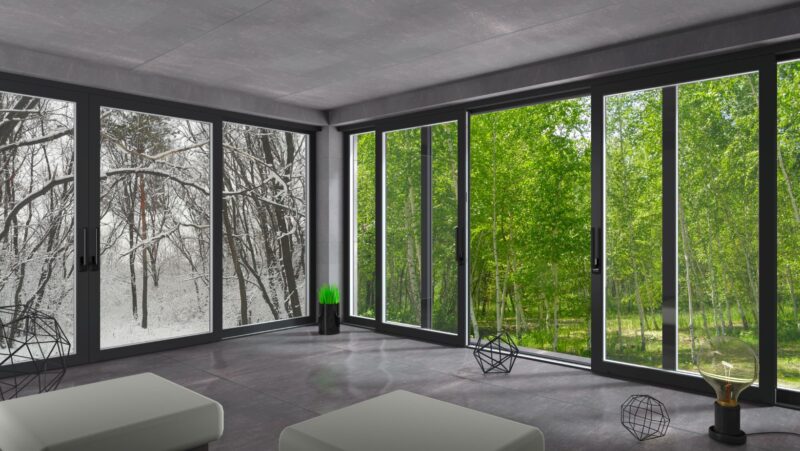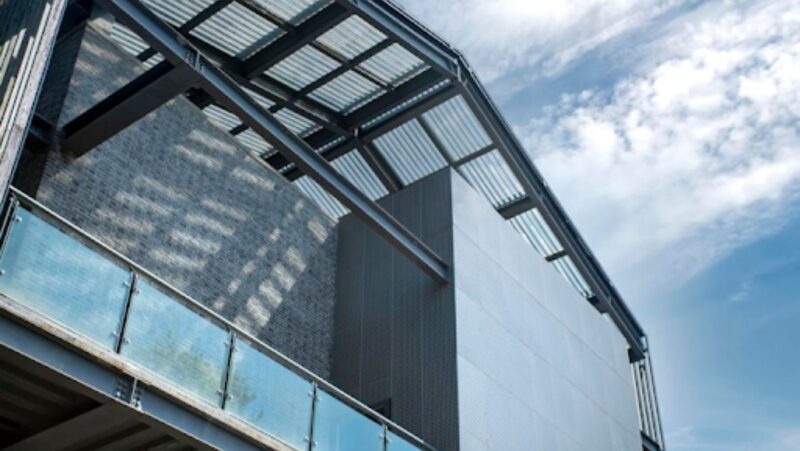
Your driveway is more than just a path leading to your garage. It’s the first impression your home makes on visitors, and a functional space for parking vehicles and accessing your property. Over time, cracks, uneven surfaces, and fading materials can detract from its curb appeal and functionality. If your driveway is showing its age, it might be time for a renovation. This ultimate guide will equip you with the knowledge and considerations needed to transform your driveway from tired to terrific.
Planning Your Driveway Renaissance
Before embarking on any renovation project, thorough planning is key. Start by determining a realistic budget for your project. Next, measure your existing driveway and consider any potential changes to size or shape. Will you need to accommodate more vehicles? Would you like to add space for a basketball hoop or other outdoor features? Think about functionality – how many cars will your driveway need to accommodate regularly? Don’t forget to research any local regulations or permits required in your area for driveway renovations.
Choosing the Right Driveway Material: A Match Made in Driveway Heaven
The ideal driveway material depends on your budget, desired style, and maintenance preferences. Let’s explore some popular options:
- Concrete: A durable and affordable choice, offering customization options with finishes and colors. Concrete driveways require minimal maintenance but can be susceptible to cracking if not properly installed.
- Asphalt: This cost-effective option provides a smooth surface but requires regular maintenance via seal coating to prevent cracking and water damage.
- Pavers: For an elegant and customizable option, consider pavers. They offer excellent drainage, come in a variety of colors and shapes, and are known for their longevity. However, pavers typically have a higher installation cost compared to concrete or asphalt.
- Gravel: An eco-friendly and budget-friendly option, gravel driveways require regular maintenance like regrading and topping up fresh gravel to maintain a smooth and level surface.
Diving Deeper: Paving Your Driveway
If you choose Driveway Paving (concrete or asphalt), here are some specific considerations:

- Permits and Hiring a Contractor: Research any permit requirements for your area. For professional installation, ensure you hire a licensed and insured contractor with a proven track record.
- Subgrade Preparation: This crucial step creates a stable base for your new driveway. The contractor will excavate the existing surface, ensure proper compaction of the subgrade, and install any necessary drainage features.
- Drainage Considerations: Proper drainage prevents water from pooling in your driveway, which can lead to cracks and damage. The contractor will design the slope and drainage system to ensure water flows away from your house and foundation.
- Finishing Touches: For an asphalt driveway, a final coat of sealant enhances its longevity and appearance. Concrete driveways can be customized with decorative finishes like staining or stamped concrete.
The Power of Pavers: Stepping Up Your Driveway Style
Pavers offer unique benefits and design possibilities for your driveway:
- Design Flexibility: Pavers come in various colors, shapes, and patterns, allowing you to create a unique and stylish driveway that complements your home’s architecture.
- Durability: Pavers are known for their long-lasting qualities and can withstand heavy traffic.
- Easy Repairs: Unlike a poured concrete driveway, individual pavers can be easily replaced if damaged, saving you time and money on repairs.
- DIY Potential: While professional installation is recommended for a flawless outcome, some paver options can be DIY-friendly for the handy homeowner.
Adding Security and Style: Driveway Bollards
Consider installing driveway bollards to enhance the security and overall look of your driveway.

These sturdy posts come in various materials (steel, concrete) and styles (retractable, decorative) and can be strategically placed to prevent unauthorized vehicle access or protect landscaping features.
Maintaining Your New Driveway
Basic maintenance practices will keep your new driveway looking its best for years to come. Regular sweeping removes dirt and debris, while occasional pressure washing can tackle stubborn stains. For asphalt driveways, resealing every few years is recommended. Regardless of the material, maintain good weed control to prevent unwanted growth from damaging the edges of your driveway.
Conclusion
By following the steps in this ultimate guide, you can transform your driveway from a neglected space into a functional and stylish extension of your home. Remember to research further, consider your specific needs and budget, and most importantly, enjoy the satisfaction of a beautiful and functional new driveway!












